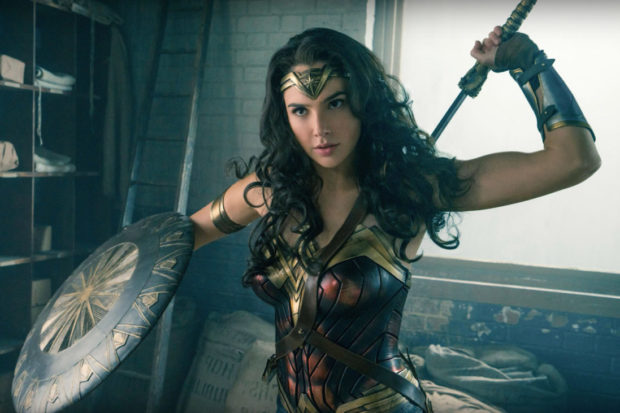
Nostalgia is the name of the game right now. All of our favorite TV shows, movies, books and, even video games are getting the reboot treatment lately. Everything from Gilmore Girls to Anne of Green Gables (two favorites of mine) is being revived and re-imagined. Digitally savvy “Xennials” (the silly moniker for those of us on the cusp of Generation X and Millennial) share our thoughts on how successful these reboots are online.
We have strong feelings about our favorite characters, stories and settings. To an outsider, these musings may look like obsession by adults who refuse to grow up. In this chaotic and scary political moment that began when so many job opportunities vanished, it is a welcome escape from “the real world.” But because art imitates life and life imitates art, none of this fantasy truly exists in a sociopolitical vacuum.
A story such as Anne of Green Gables (originally published in 1908) has been through so many iterations you can trace the political landscape at the time in each retelling. The most recent one, Netflix’s Anne with an ‘E,’ directed by the creator of Breaking Bad, has been extremely controversial for including dark themes not tackled in the book such as suicide and abuse.
A lot of digital ink has been spilled on subjects like how the lives of women, people of color, LGBTQ folks and people with disabilities are represented in fictional worlds as they reflect our earthly world as well. How experiences like rape are handled can have a significant impact on our psyches, especially for individuals who have experienced it in real life.
When I was little, few female characters were depicted as independent or heroic. There was Anne, Princess Leia and Wonder Woman. Wonder Woman was the only female superhero and, frankly, she was all I needed. Much as I thought Star Wars was about Princess Leia when the male superheroes were on Justice League, I tuned them out.
The little girl in me could not contain her excitement that Wonder Woman was finally going to get her own movie. The feminist in me thought about what a positive thing for society it was going to be to have the Amazonian queen herself front and center.
That enthusiasm dampened when I found out more about the woman who was portraying Diana Prince. Gal Gadot was an officer in the Israeli military, a woman who trained soldiers in fighting techniques to use against Palestinian civilians. She was extremely supportive of the 2014 Gaza War, which three years ago this month saw the slaughter of 535 children. Some boycotted the movie and the country of Lebanon banned it.
I was torn, the little girl and the adult in me fighting with each other. As a lifelong fan, I had waited so long for this. There were also no prominent roles in the movie for women of color. There has been some discussion of introducing in a future movie a Black twin sister to Wonder Woman, named Nubia, who briefly appeared in the comics. The comic character was heavily stereotyped and villainous, which would demand an overhaul.
I have grown to learn as an adult that characters who are described as strong women who “kick ass” like men limit our view of feminism and equality for women. All women are strong by virtue simply of surviving on this Earth in female bodies. We do not need to literally “kick ass” to deserve respect. One thing I always loved about Wonder Woman as an adult was that the story was created by a pacifistic socialist who wanted the character to be the antithesis of the hyper-patriotic Superman and other male superheroes who use violence to achieve their goals.
I did decide to see Wonder Woman and I did enjoy it. I thought the story was well done and true to my vision of the character. But I did not watch it like a sponge, as I would have as a child. And I will not be buying merchandise or otherwise promoting the Gadot version of the character. As adults, we must keep a critical eye on our childhood heroes and be self-reflective about our own choices.
